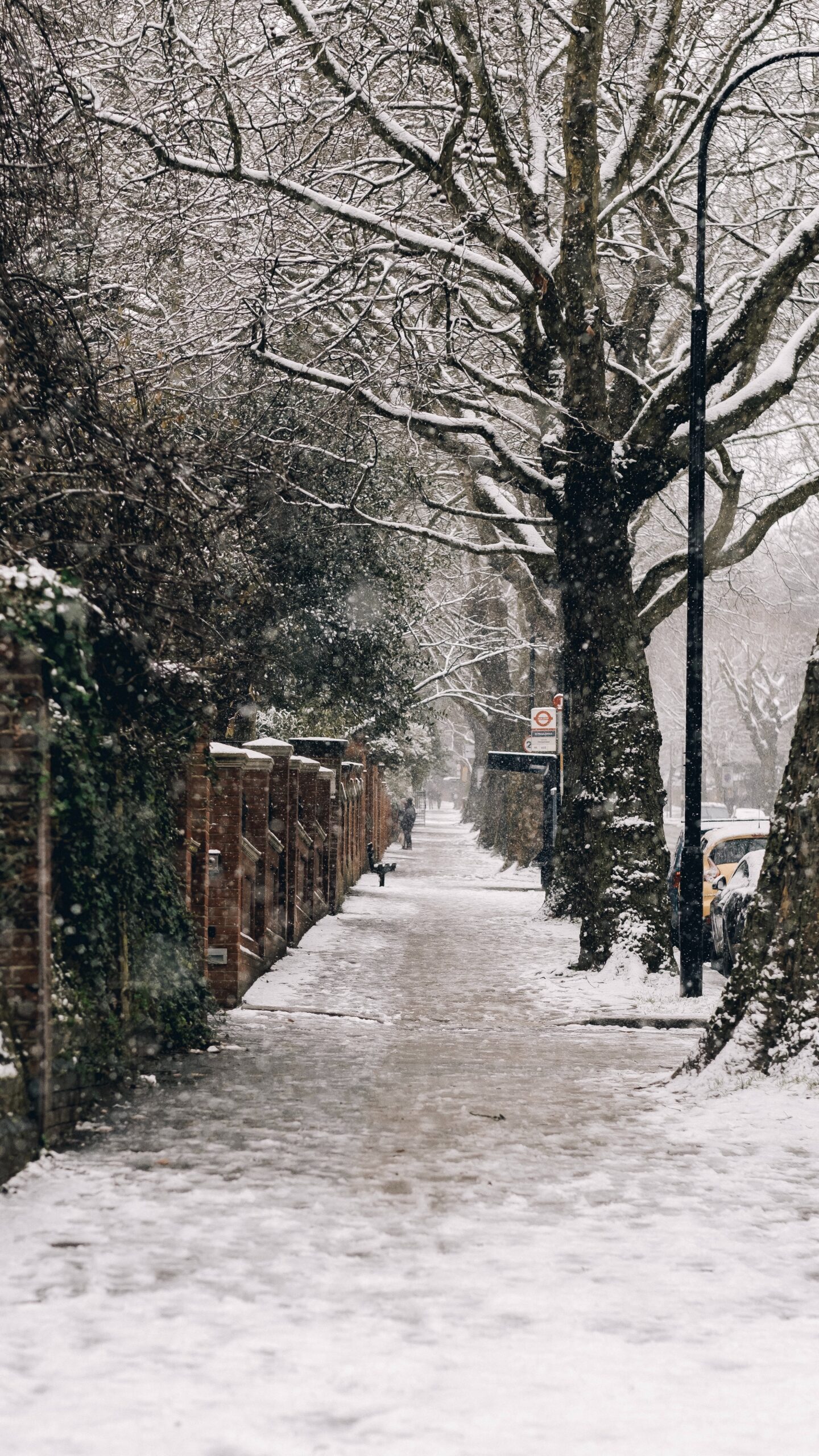
There are many risks that come along with winter weather, but there are some common injuries that you can avoid. From slipping on the ice to getting hit by a snowball, here are some tips to help you stay safe this winter season.
Slips and falls on icy sidewalks and driveways
It’s no surprise that the icy sidewalks and driveways of winter can bring a risk of slips and falls. Slipping and falling on hard, frozen surfaces can be incredibly painful, sometimes even causing serious injuries. Unfortunately, there’s no guaranteed way to walk safely on icy pavement – but having a plan in place and taking certain precautions can help reduce the risks associated with slippery surfaces like those we often experience during winter months. Be mindful of potential hazards, stay vigilant about safety measures, and focus on navigating tricky terrain carefully – no one wants to be laid up by a slip and fall injury in the winter.
Frostbite from exposure to cold weather
In the winter months, frostbite is a real danger for anyone spending time outdoors. Without proper protection, even short periods of exposure to cold temperatures can cause irreparable damage to skin and tissue due to the freezing of bodily fluids. The signs of frostbite are often not immediately noticeable, as it begins with tingling or stinging sensations followed by irritation and aching before severe redness or discoloration occurs. To avoid this serious condition, ensure you dress warmly in layers when exposed to cold weather and limit your time spent outdoors in frigid temperatures.
Car accidents due to ice and snow on the roads
Driving in the winter months can introduce a variety of worrisome risks due to the snow and ice that often accumulate on roads and highways. Car accidents, resulting from slippery surfaces caused by freezing conditions, can occur suddenly and unexpectedly. It is important to remain cautious while driving through the winter season since icy roads are known to cause vehicles to skid or lose traction easily. Safe driving practices such as sticking to speed limits, avoiding distractions, and increasing following distances are essential habits to ensure that you are able to navigate hazardous winter roadways in a safe manner.
Carbon monoxide poisoning from using a generator or other gas-powered equipment indoors
Carbon monoxide poisoning from using a generator or other gas-powered equipment indoors can be an insidious risk. As temperatures drop and energy bills rise, some people are tempted to use these machines indoors to stay warm, but this can be an extremely dangerous decision. Carbon monoxide is odorless and colorless, making it almost impossible to detect without the proper warning systems in place. It is important to remember that any type of machine that runs on gas brings with it the potential for dangerous levels of CO2 build up in your home if used improperly or kept running while confined in enclosed spaces. Taking the necessary precautions by having alert systems installed and avoiding indoor use of such machinery will keep your family safe during the cold winter months.
Hypothermia from being outdoors in cold weather for too long
Hypothermia can be a serious hazard if you’re not careful. It occurs when your body temperature drops below normal levels, and can even be fatal in extreme cases. Fortunately, it’s easy to protect against this danger. Make sure to bundle up before you brave the cold, and keep an eye on how much time you spend outdoors. If your fingers or toes start feeling numb or you start shivering, it’s time to find shelter and warm up with a hot beverage or blanket. Being mindful of hypothermia can help ensure that you stay safe from the dangers of winter!
In conclusion, there are a few risks you face during the winter season. Some of these include slips and falls on icy surfaces, frostbite, car accidents, carbon monoxide poisoning, and hypothermia. Be sure to take precautions when participating in activities this winter to ensure your safety!


